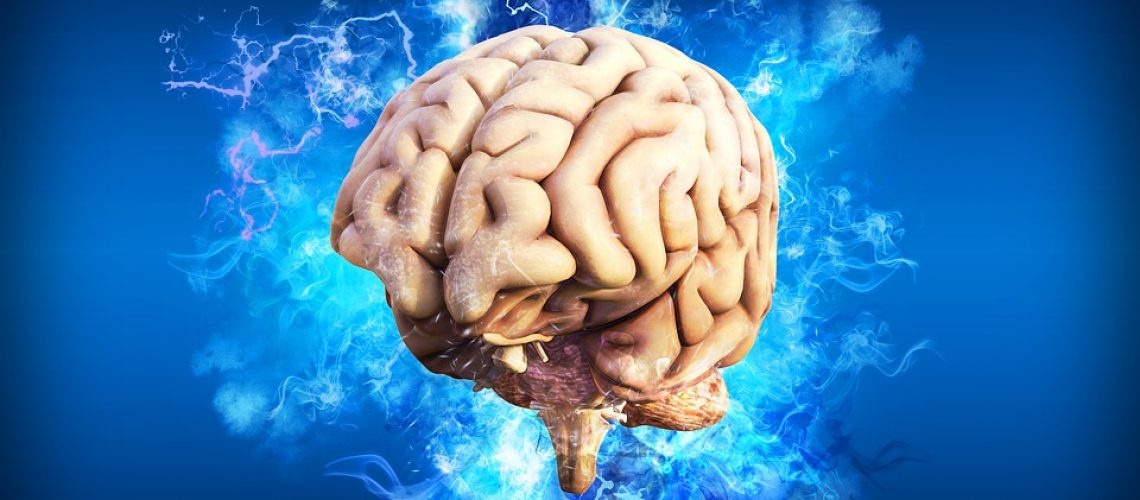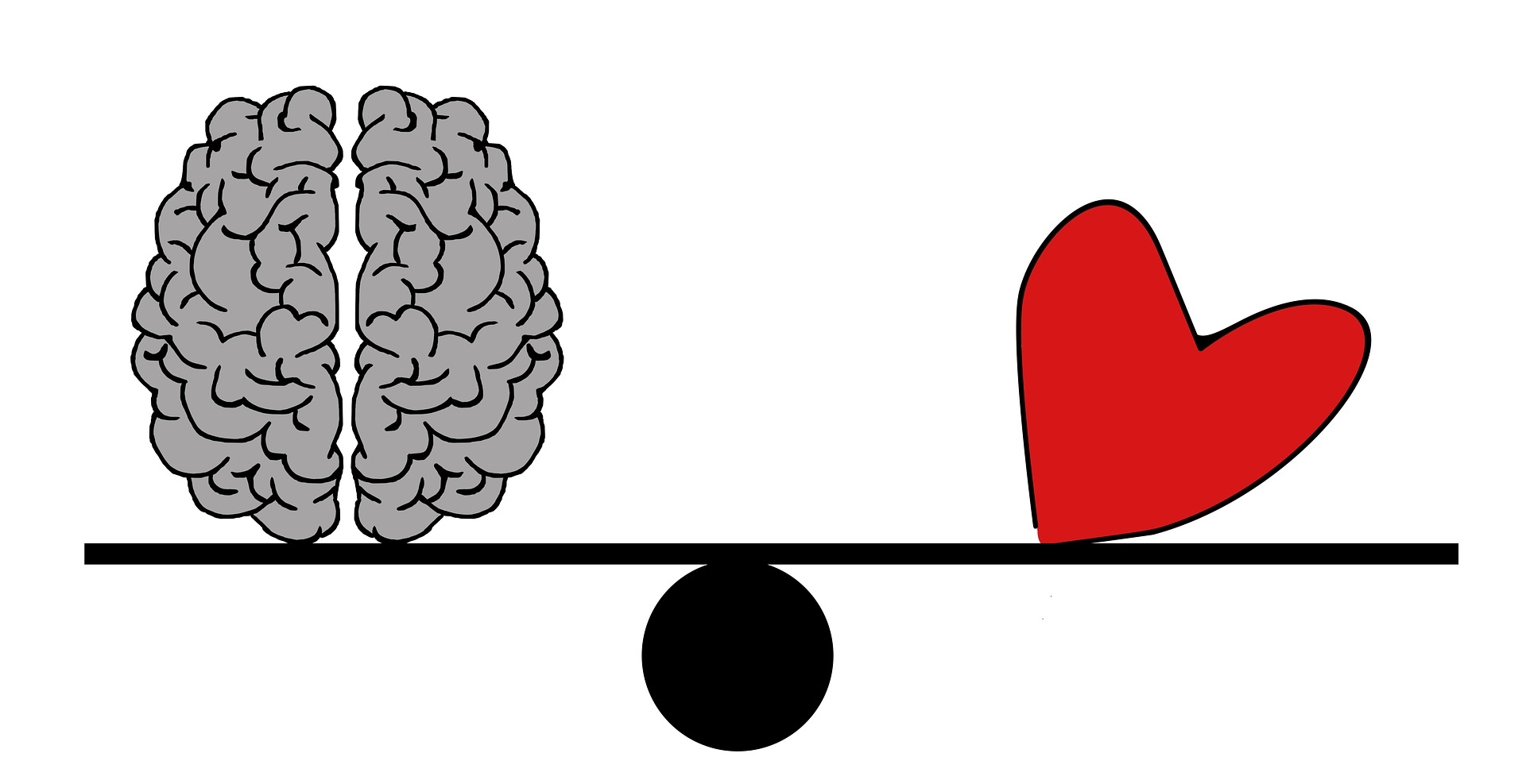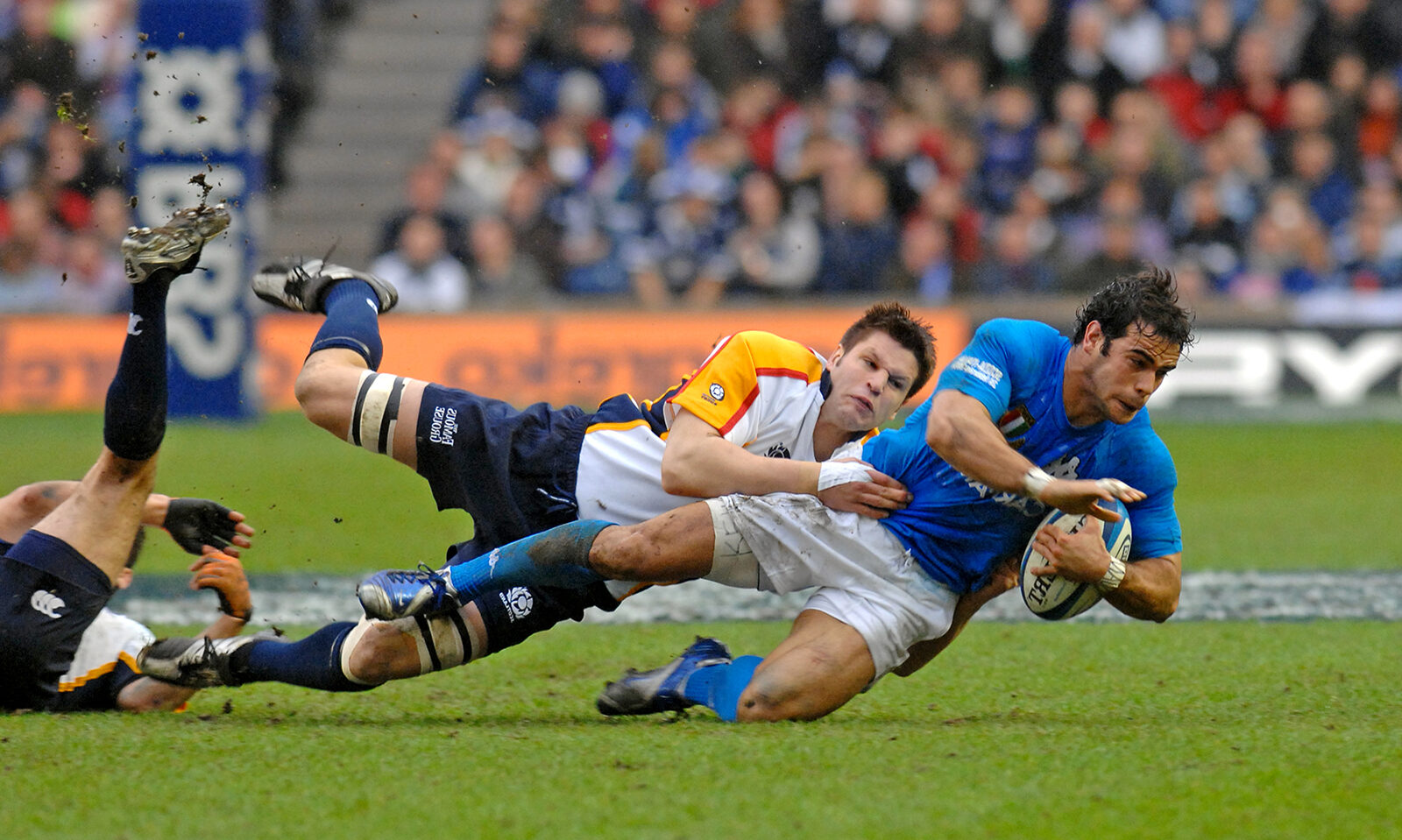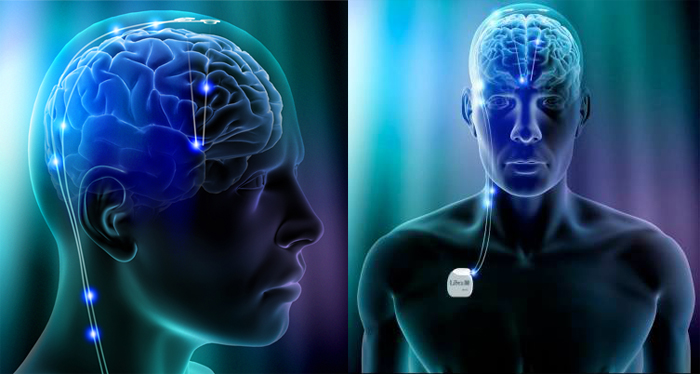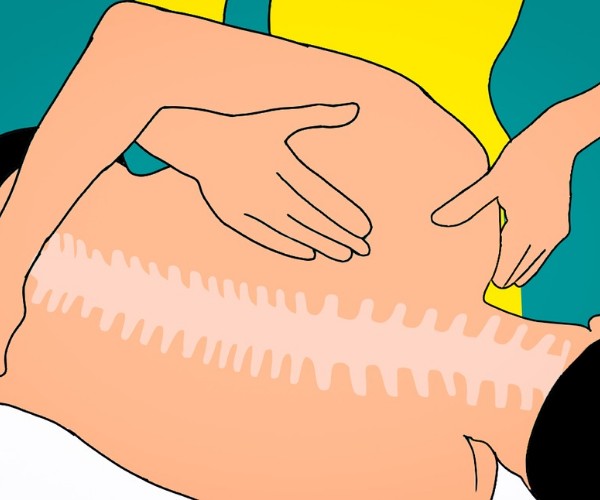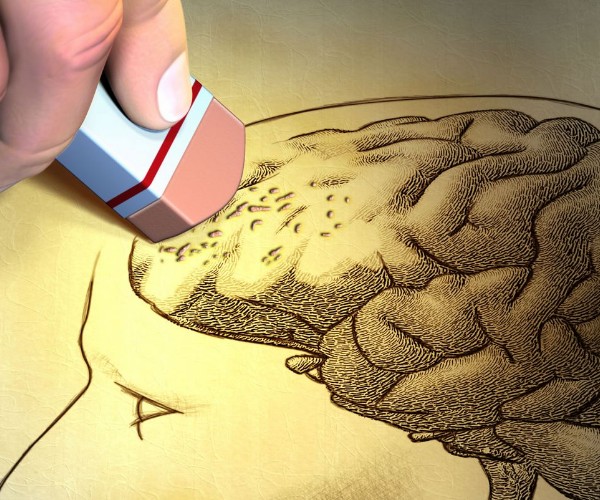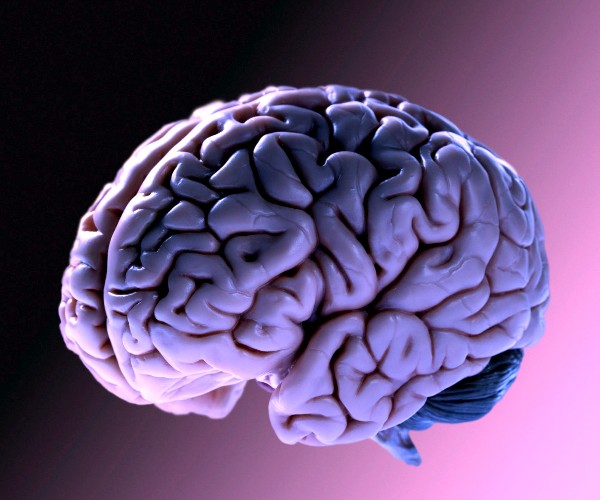Transient ischemic attack is usually the wake-up call for stroke. one-third of TIAs resolve spontaneously remaining a confined event, one-third go on to relapse, and one-third evolve to stroke. Symptoms usually resolve within 15 minutes, but never last longer than 24 hours. If the neurological deficit persists beyond 24 hours, it is called reversible ischemic neurological deficit.
By the 6 hours after the attack, the patient should undergo some investigations such as neurological examination, monitoring of blood pressure values, fundus examination eye, cardiology examination and ECG, blood chemistry tests, X-ray of the chest, computed tomography. If the patient is then a candidate for a surgery, then it is necessary to undergo other examinations as well: angiography, Holter monitoring, echocardiography, Doppler or echodoppler and CSF examination.
Therapy
The Physician should take a twofold attitude:
- Identification and control of any risk factors
- Anticoagulant prophylaxis with aspirin
Source: Medical Guard Handbook by Mediserve





